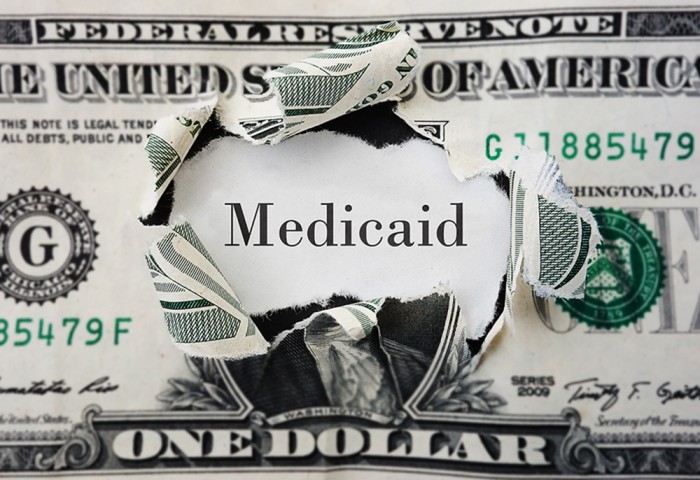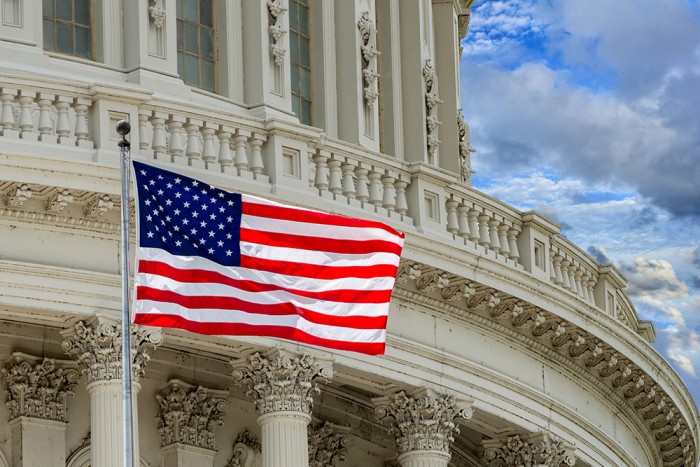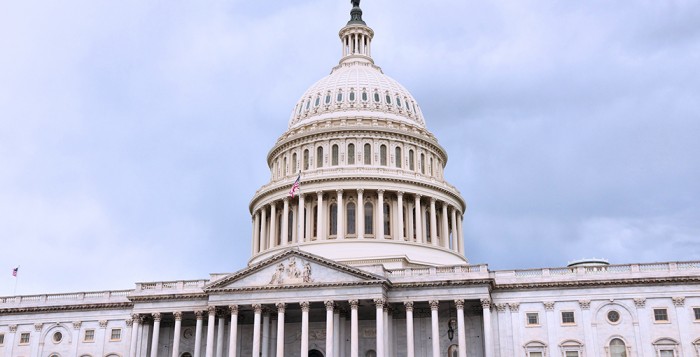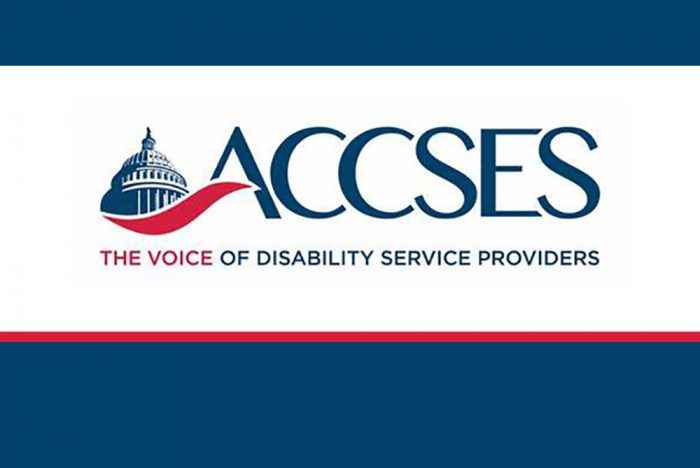Deputy Secretary Ahrens has shared information regarding avoidable Medicaid non-renewals for individuals. If an individual is receiving waiver services and loses their MA, this has the unfortunate outcome of the individual being dis-enrolled in the waiver. In turn, services rendered during a time when the individual is ineligible will not be paid through waiver funds.
If your agency serves as a representative payee or provides waiver services, especially residential services, this can have a serious impact on both your agency and the individual receiving services. Of note:
- As of 10/17/2023, the Office of Developmental Programs (ODP) has a record of 444 enrolled individuals (223 of whom are waiver participants) whose MA was not renewed procedurally. These participants’ renewal dates span April through September 2023.
- 176 individuals (45 of whom are waiver participants) were registered and had their MA closed due to ineligibility.
The primary reasons appear to be that asset limits were exceeded and determination paperwork had not been returned (procedural closure). There are individuals who receive residential services in these groups. Please note that sometimes paperwork may go to a guardian or representative payee. In those situations, it’s important that there is communication between the provider and the responsible person. In particular, providers should be aware of the following:
- Individuals receive MA renewal paperwork in the mail at their home address. Providers/SCOs should ensure that the CAO always has up-to-date contact information for individuals receiving MA.
- Renewal dates differ. Individuals should receive renewal info about 90 days prior to the due date.
- If a provider has questions about renewal dates for individuals, AEs and SCOs are provided data on all individual MA renewal dates.
Please ensure that your agency is aware of the renewal dates and is prepared to respond quickly and/or assist the guardian or family member who may be receiving the paperwork. Additionally, please be cognizant of the asset limits and consider opening an ABLE account if all the individual’s needs are met.
For any questions, contact Carol Ferenz.

















